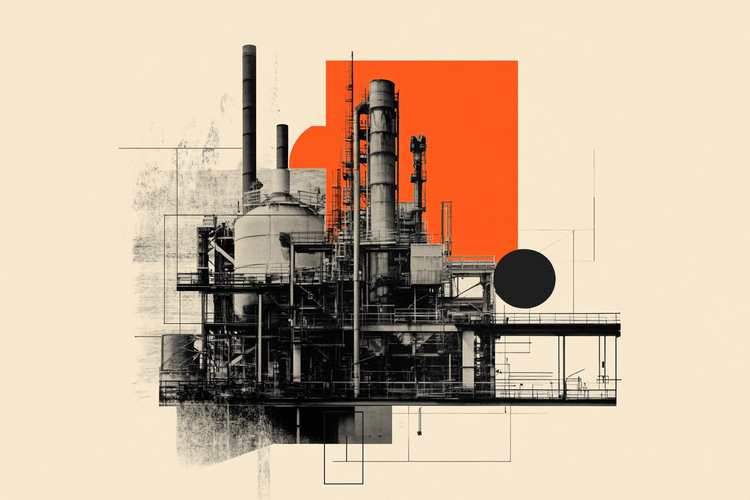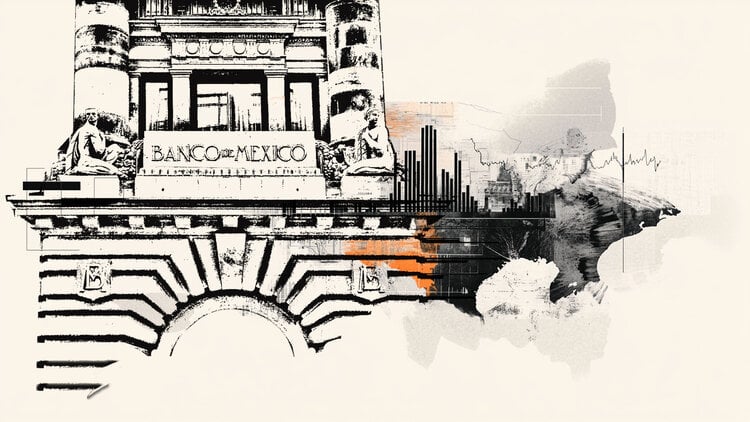Contrary to most countries, the speeches of the ambassadors of Cuba and Venezuela on this second day of the extraordinary session of the UN General Assembly (United Nations) were marked by criticism of the North Atlantic Treaty Organization (NATO) and the United.
The Cuban ambassador to the UN, Pedro Luis Pedroso Cuesta, condemned the sanctions imposed against Russia and accused NATO of acting with “hypocrisy” in the conduct of the war with Ukraine.
“Cuba rejects this hypocrisy and this double standard in NATO’s stance. In 1999, there was an aggression against Yugoslavia and the countries of Europe did not avoid the great loss of life for geopolitical reasons. The United States has used force on several occasions in sovereign countries to change regimes, interfering with the domestic politics of other countries,” said the Cuban ambassador.
Still in the opinion of the Cuban, the United States treats millions of inhabitants of the invaded countries as a “side effect” and has accused the government of President Joe Biden of carrying out “wars of looting and looting”.
The Cuban representative ended the speech by emphasizing that the country defends a diplomatic solution to the conflict: “we want negotiations, not war. This is the only way to resolve this conflict. Cuba will continue to defend the diplomatic solution, which is serious, constructive and realistic”.
Samuel Moncada, Venezuela’s ambassador to the UN, declared that the crisis in Ukraine was exacerbated by increasing pressure from the NATO military blockade on Ukrainian territory, “with a destructive effect on security guarantees, in particular for the Russian Federation”.
In any case, he points out that the greatest success of the UN was to avoid the third world war. “[A organização] has the role of preventing conflicts and using diplomatic avenues for a peaceful resolution”.
“Our duty today is to correct the trajectory and avoid reaching a point of no return, which will compromise present and future generations”.
Argentina
On the other hand, Argentina reinforced the need for negotiations and criticized the Russian invasion. “We make a call for all instances to collaborate to reduce [a guerra] and that solutions emerge through dialogue”, said the representative of the country.
“No territorial acquisition can be recognized as legal when force is used. National sovereignty must be respected.” The representative also criticized the move by Russian President Vladimir Putin to place last Sunday (27) units that include nuclear weapons on high alert.
understand the conflict
After months of military escalation and intemperance on the Ukrainian border, Russia attacked the Eastern European country. At dawn last Thursday (24), Russian forces began bombing various regions of the country.
Hours earlier, Russian President Vladimir Putin authorized a “special military operation” in the Donbas region (eastern Ukraine, where the breakaway regions of Luhansk and Donetsk are located, which he recognized as independent).
What was seen in the following hours, however, was an attack on almost the entire Ukrainian territory, with explosions in several cities, including the capital Kiev.
According to Ukrainian officials, dozens of deaths have been confirmed in the armies of both countries.
In his speech before the attack, Putin justified the action by saying that Russia could not “tolerate threats from Ukraine”. Putin urged Ukrainian soldiers to “put down your weapons and go home”. The Russian leader further stated that he will not accept any kind of foreign interference.
This attack on the former Soviet neighbor threatens to destabilize Europe and involve the United States.
Russia has been tightening its military grip around Ukraine for the past year, amassing tens of thousands of troops, equipment and artillery at the country’s gates.
In recent weeks, diplomatic efforts to defuse tensions have been unsuccessful.
The escalation in the years-long conflict between Russia and Ukraine has set off the continent’s biggest security crisis since the Cold War, raising the specter of a dangerous confrontation between Western powers and Moscow.
*With information from Agência Brasil
Source: CNN Brasil
I’m James Harper, a highly experienced and accomplished news writer for World Stock Market. I have been writing in the Politics section of the website for over five years, providing readers with up-to-date and insightful information about current events in politics. My work is widely read and respected by many industry professionals as well as laymen.







